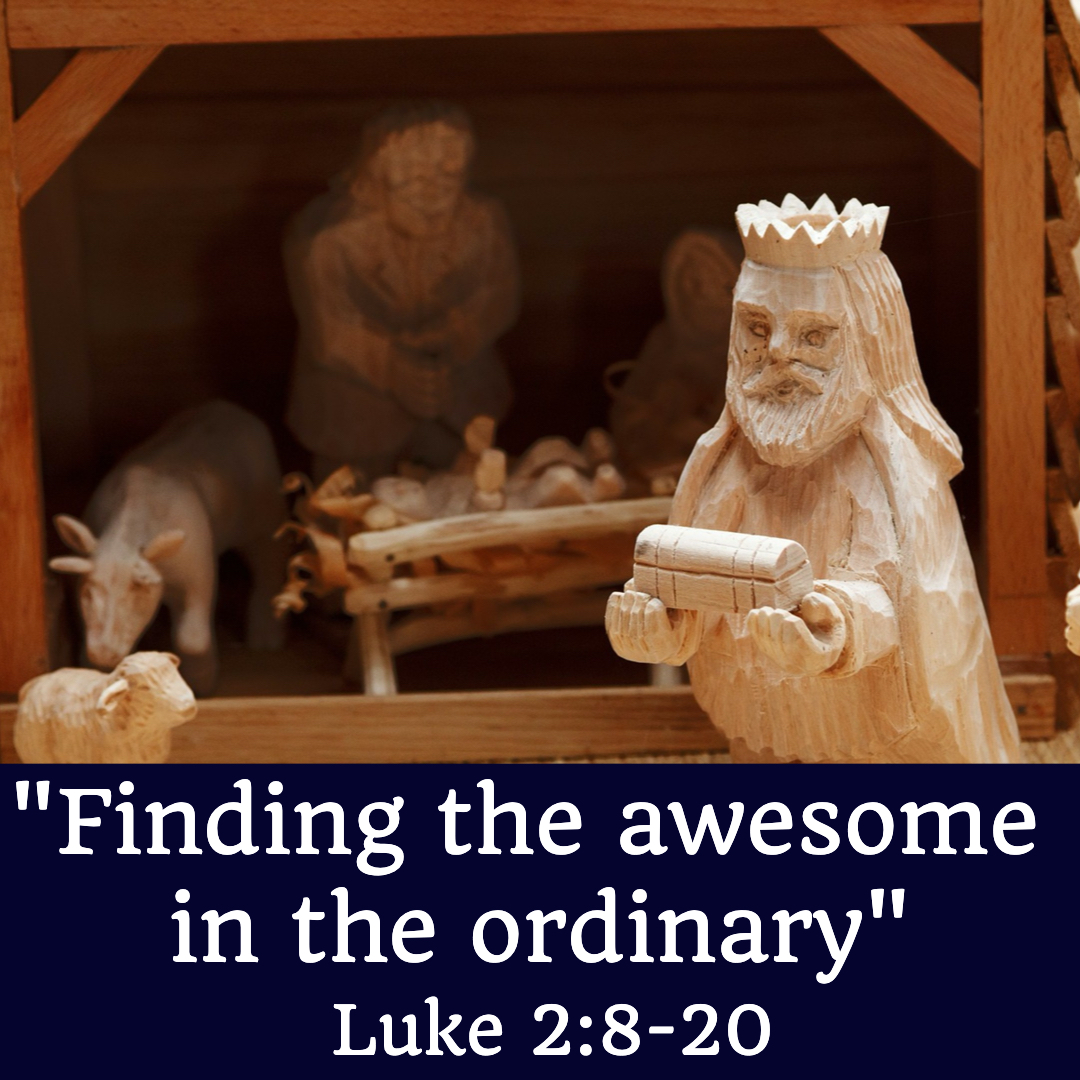
Chapter 2:10-19
Introduction
– In this section Haggai is deepening the conviction of the people of God
– Have a look at Zech 8:9–13 as a close parallel Hag 2:15–19.
Questions about holiness
Haggai 2:11 ‘Ask the priests what the law says:
– ‘ask the priest’ – direct engagement with the priests. Not just Joshua, but his cohort.
– Entering into a ‘debate’. The answer is already known, but the exchange is a drama emphasising a point. Jesus did the same thing.
Haggai 2:12 If someone carries consecrated meat in the fold of their garment, and that fold touches some bread or stew, some wine, olive oil or other food, does it become consecrated?’ ” The priests answered, “No.”
– ‘fold’ – “The holy flesh makes the skirt “holy” but the “holy” skirt cannot make anything else “holy.” But impurity is transferable.” WBC
Haggai 2:13 Then Haggai said, “If a person defiled by contact with a dead body touches one of these things, does it become defiled?” “Yes,” the priests replied, “it becomes defiled.”
– ‘dead body’ – Is he comparing the people to a dead body? They are dead as a nation, as a people, spiritually? Because they have not given God the pleasure and honour that is right?
Haggai 2:14 ‘So it is with this people and this nation in my sight,’ declares the LORD. ‘Whatever they do and whatever they offer there is defiled.”
– ‘there’ – at the temple site? Are they making sacrifices at the unfinished site? Or has it been finished, and the sacrifices are not acceptable because their attitudes have not changed, even though the work has been completed?
– ‘defiled’ – perhaps their repentance in building the temple has not been matched with a repentance of their hearts’ devotion to God. If they are not ‘holy’ of heart, God will not credit their ‘work’ as worthy in his sight.
– They are not guaranteed God’s blessings simply by doing the work he sets them to.
– If they are doing things and offering things at the site, it implies the temple is finished. Their community reform is not yet finished. Perhaps this is why he addresses the priests here, because they are to take responsibility for the reform and have not, by implication, yet done so. Are they aware and complacent or afraid? Or are they unaware?
– ‘whatever…whatever’ – comprehensive
The Call to Learn from the Past
Haggai 2:15 “‘Now give careful thought to this from this day on —consider how things were before one stone was laid on another in the LORD’S temple.
– ‘give careful thought’ – vv5, 7, 18
– ‘this day on’ – or, ‘to the days past’
– Consider the past, learn from it and carry a different attitude into the future.
– Looking back at the past. Their harvests were compromised. Now they have been building for three months – Oct-Dec – (WBC) and no improvement in harvests has been observed. They need reassurance they are on the right track.
Haggai 2:17 I struck all the work of your hands with blight, mildew and hail, yet you did not return to me,’ declares the LORD.
– See Amos 4:9
– ‘you did not return to me’ – lit. ‘and nothing to me’. Perhaps saying the people were not ‘his’ until they repented.
– ‘yet you did not’ – they have no excuse. God knows they should know it was him that opposed them, and that they had opportunity to repent.
– ‘blight, mildew, hail’ – significant? Worth looking up.
– ‘I struck’ – implies deliberate action by God.
Haggai 2:18 ‘From this day on,
– ‘give careful thought’ – vv5, 7, 15. Phrase used twice here.
– ‘foundation laid’ – why significant? v15. Does it symbolize the totality of the work that has been now finished in completing the temple?
Haggai 2:19 ‘From this day on I will bless you.’ ””
– ‘in the barn’ – I.e. the seed is in the ground, but the time is not yet right for harvest. Do not fret, the time for harvest is coming. The fact you cannot see the blessing does not mean God is not already blessing you. The blessing is now, the fruit is coming.
– ‘vine, fig, pomegranate, olive’ – significant? All trees that are in existence, standing there, visible, but not yet fruitful.
– Are the people impatient for God’s blessings to manifest themselves?
– Patient perseverance is key, Gal 6:9-10
Conclusion
– God does not need our work. He delights in it – if it is wholeheartedly for him. He wants our hearts.
– We cannot ‘holy’ ourselves. It is God who does that. We get there by honouring him above our priorities. If we treat him as holy, he will ‘holy’ us.
Questions and points for reflection:
1. What gives you confidence that God accepts you as holy?
2. What have your current or recent challenges taught you about God?
3. What helps you to ‘give careful thought’ to what is going on and to see God in it?
Next time Haggai 2:20-23
Please add your comments on this week’s topic. We learn best when we learn in community.
Please pass the link on, subscribe, leave a review.
God bless, Malcolm



